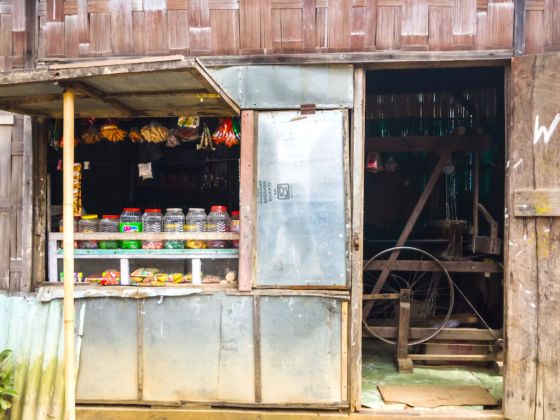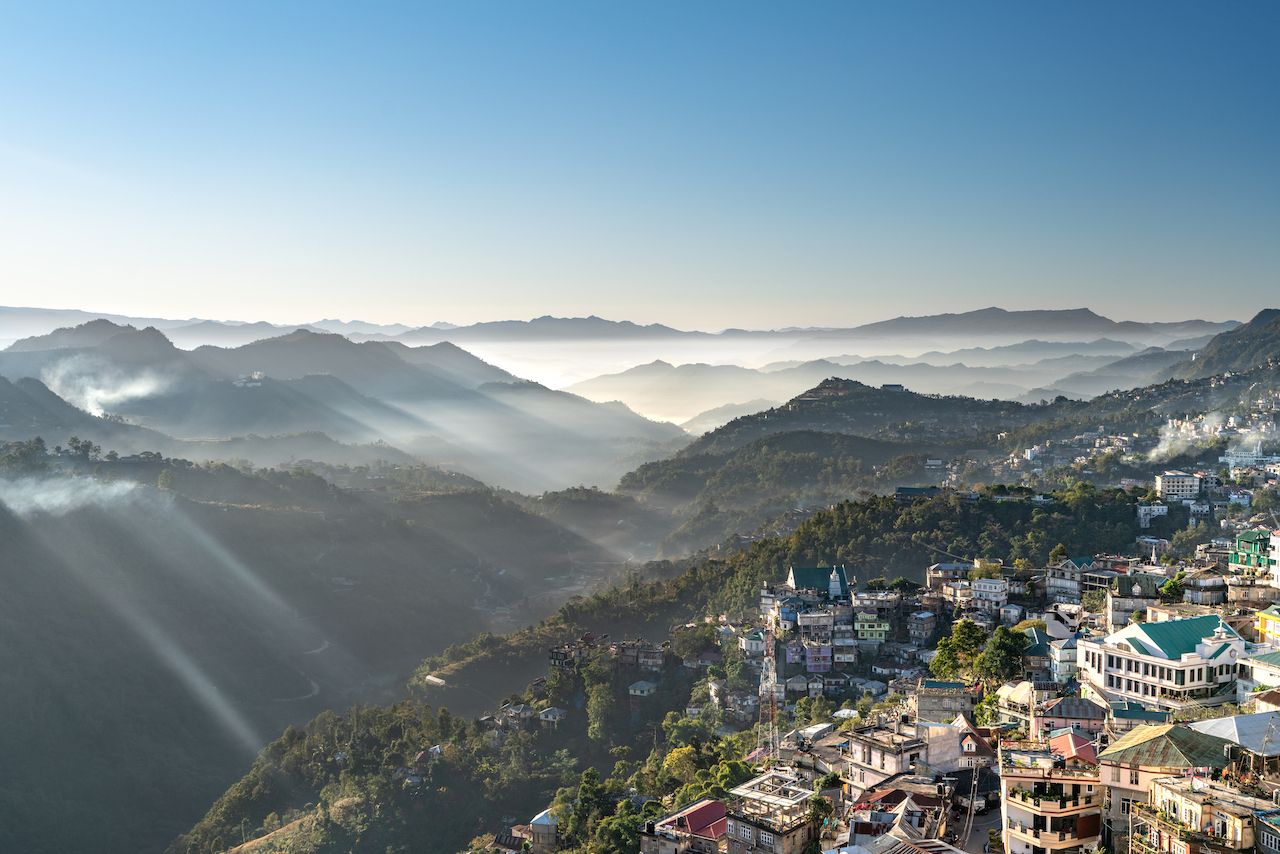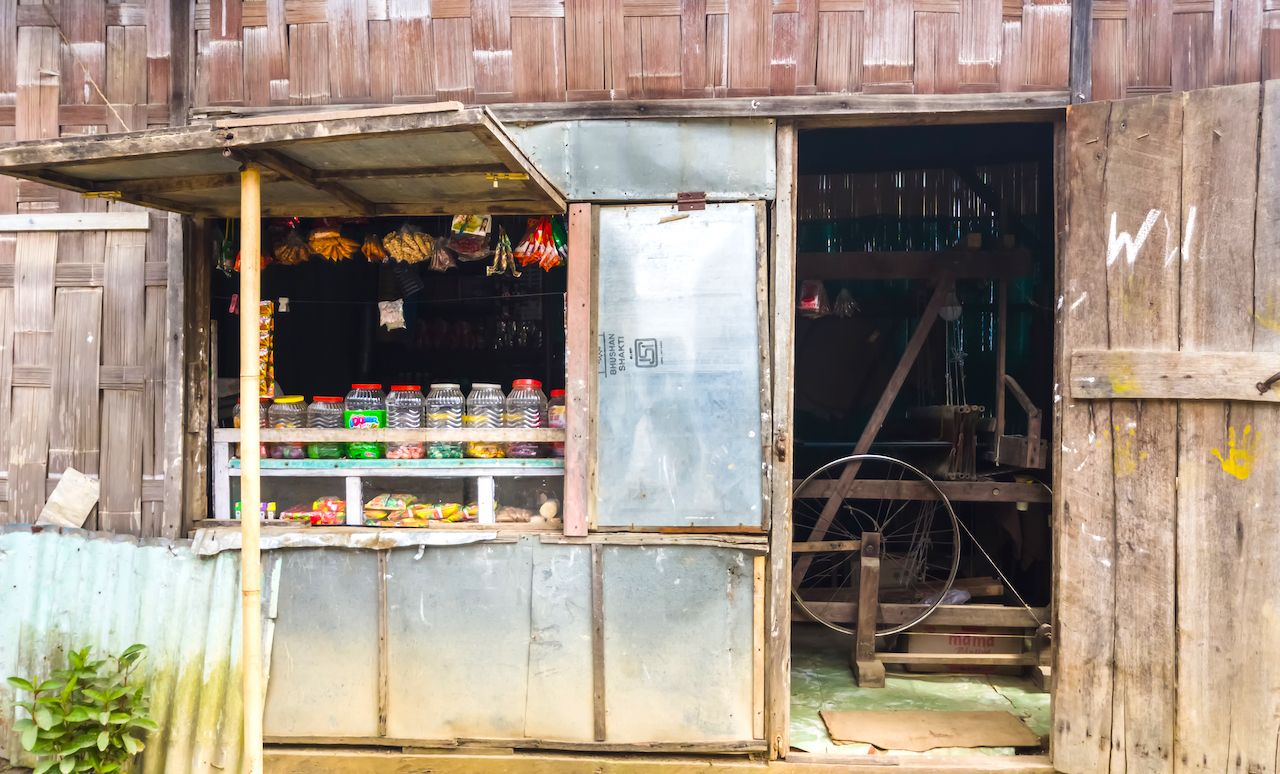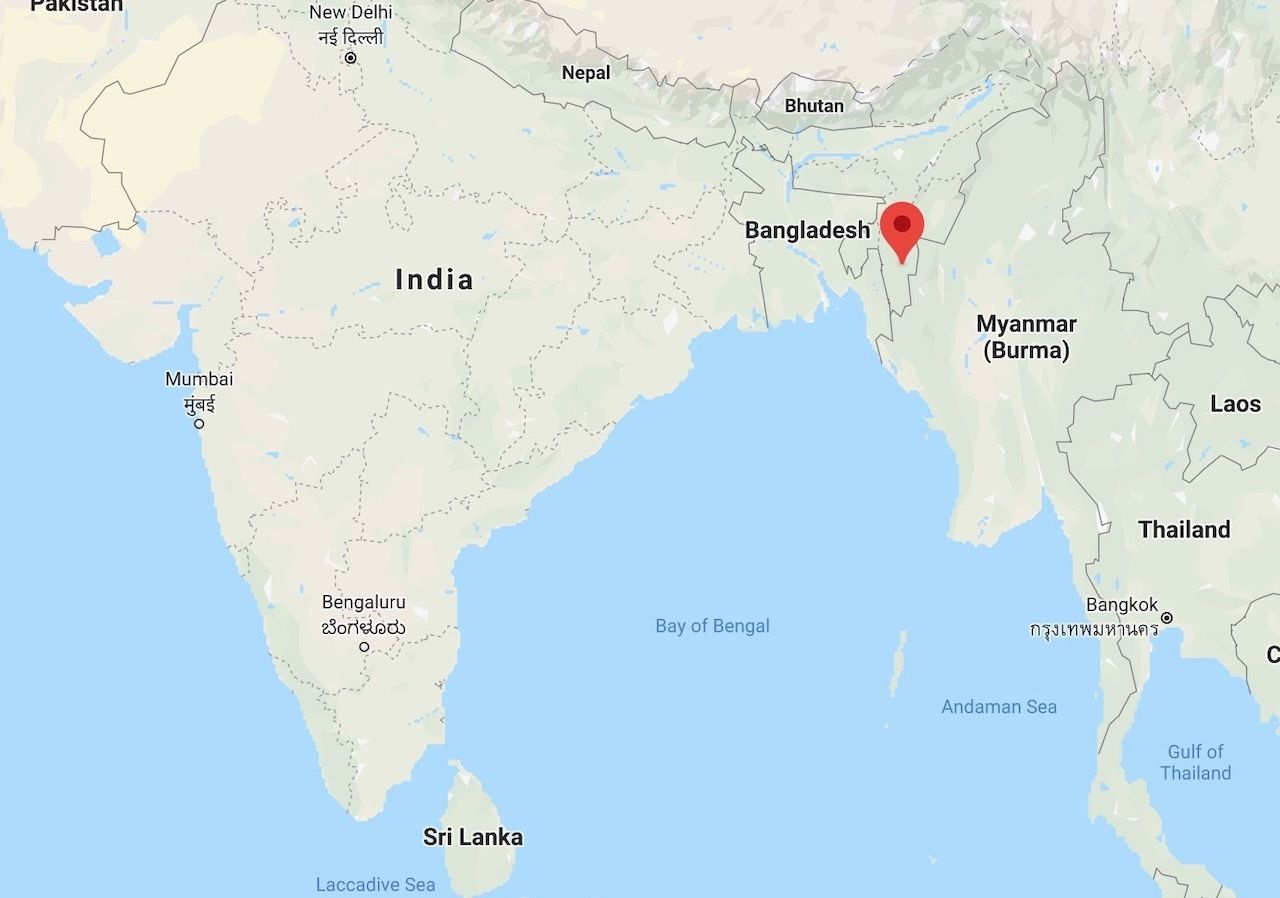India is often thought to be the destination of choice for intrepid travelers, but few venture away from the now well-trodden paths that lead to Goa, Varanasi, Agra, Jaipur, New Delhi, and Mumbai. Northeast India is well away from most travelers’ itineraries. Hidden from the world’s eye in between Bhutan, Bangladesh, China, and Myanmar, the region seems detached from the rest of the nation — even on the map. The forest-clad state of Mizoram that borders both Myanmar and Bangladesh, for example, is not well known, but it has a valuable lesson to offer those who take a chance and visit. Inside the deep jungles of Mizoram, just two to three hours from the state capital Aizawl, the local Mizo community practices a unique tradition: nghah lou dawr or shops without shopkeepers.
These unmanned shops are humble makeshift structures built from bamboo. They dot the hairpin roads guarded by sheer peaks in the interiors of Mizoram, and while plain and seemingly unremarkable, they are beautiful illustrations of the unique and rich culture of the Mizo people.



